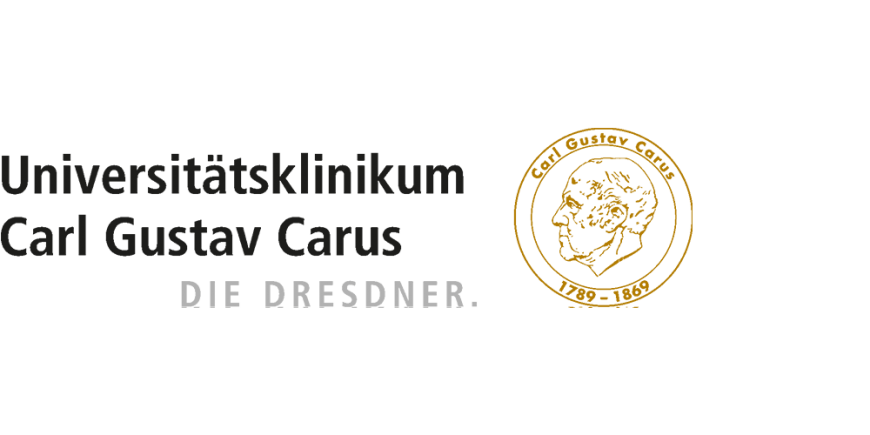
Trauma-focused treatments

Project partners












Trauma-focused psychodynamic therapy
Interpersonal relationships are at the center of trauma-focused -psychodynamic therapy (TF-PDT). Patients learn to better understand how they create relationships with others and themselves. Within this context, the therapeutic relationship between patient and therapist is a key element of TF-PDT. Each patient has his or her own needs, fears or expectations. Therapists applying TF-PDT try to understand individuals within the context of his or her own life story. Patients suffering from a traumatic experience are often overwhelmed by their emotions. Learning to better regulate those difficult feelings is another important aspect of TF-PDT.
The treatment usually consists of three phases:
Firstly, patients are taught techniques to help stabilize themselves and to mobilize resources. They learn to deal with difficult and overwhelming feelings and to create inner distance from stressful memories. Therefore, a secure and reliable relationship between patient and therapist forms the foundation of the treatment. TF-PDT enhances the ability to understand needs, feelings or the reactions of others.
Phase two is about acquiring techniques to cope with stressful memories. For instance, imaginative techniques are used to gain better control over stressful emotions. As part of phase three, patient and therapist decide mutually and cautiously, the intensity of the trauma exposure in order to avoid overburdening. Phase three, introduces further techniques such as, the “screen technique”. Simply put, patients learn to view the traumatic event as they would an old movie, on an imagined screen.
Trauma-focused cognitive behavioral therapy
Cognitive behavioral therapy (CBT) assumes that thoughts, feelings and behaviors are not distinct, isolated entities, but that they are linked to one another. Through different experiences with other people, typical patterns of thoughts and behaviors arise during the course of life. These affect how we experience feelings and our reactions to them. In particular, negative experiences can create thoughts and behavior patterns that could lead to the development and perpetuation of mental disorders in the long term. Accordingly, mental disorders are treated in CBT by identifying dysfunctional thoughts and behavior, discussing them and consequently applying new strategies to achieve changes.
Trauma-focused – cognitive behavioral therapy (TF-CBT; according to Cloitre, Cohen and Koenen, 2014; STAIR-NT) helps patients to cope with current stressful experiences that are related to traumatic events in the context of violence or abuse. Patients learn to change their thoughts and behaviors.
The treatment starts with learning to perceive overwhelming feelings (e.g. fear, anger, shame) at an early stage, to name them and to express them appropriately without neglecting the patient’s own needs. Further aspects of phase 1 are: recognizing how one’s traumatic experiences affect today’s relationships, how interpersonal conflicts can be overcome and how long-term supportive, trusting relationships with others can be built.
Furthermore, patients’ memories of the traumatic experiences should be processed. With the guidance of their therapists, patients are encouraged to gradually imagine various stressful experiences and report them. Patients are supported by their therapists to narratively expose themselves to these memories. They use new strategies to cope with emerging burdens. This procedure enables patients to classify the trauma as part of their past and to reduce its impact on their present life. The skills training and the exposure will reduce post-traumatic stress symptoms (e.g. reliving the trauma, nightmares, suppressing feelings) in the long term. At the same time, patients are empowered to regain more control over their life and to set new, positive goals for the future.
Literatur:
Cloitre, M., Cohen, L. R., & Koenen, K. C. (2014). Sexueller Missbrauch und Misshandlung in der Kindheit: Ein Therapieprogramm zur Behandlung komplexer Traumafolgen. Göttingen: Hogrefe.